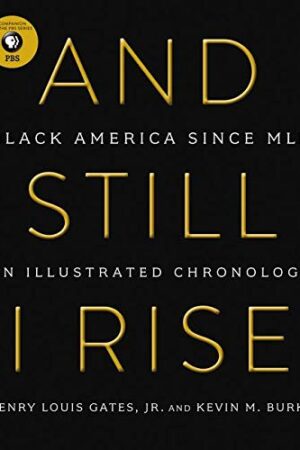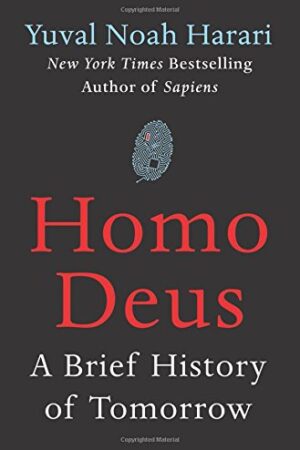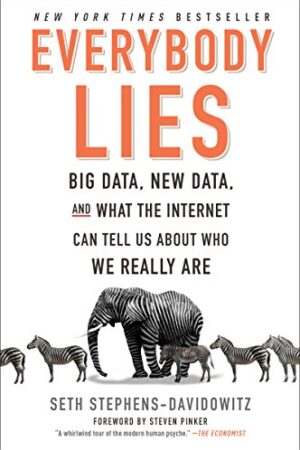Hypothesis-testing Behaviour (Essays in Cognitive Psychology)
$565.95
How do people search evidence for a hypothesis? A well documented answer in cognitive psychology is that they search for confirming evidence. However, the rational strategy is to try to falsify the hypothesis. This book critically evaluates this contradiction. Experimental research is discussed against the background of philosophical and formal theories of hypothesis testing with striking results: Falsificationism and verificationism – the two main rival philosophies of testing – come down to one and the same principle for concrete testing behaviour, eluding the contrast between rational falsification and confirmation bias. In this book, the author proposes a new perspective for describing hypothesis testing behaviour – the probability-value model – which unifies the contrasting views. According to this model, hypothesis testers pragmatically consider what evidence and how much evidence will convince them to reject or accept the hypothesis. They might either require highly probative evidence for its acceptance, at the risk of its rejection, or protect it against rejection and go for minor confirming observations. Interestingly, the model refines the classical opposition between rationality and pragmaticity because pragmatic considerations are a legitimate aspect of ‘rational’ hypothesis testing. Possible future research and applications of the ideas advanced are discussed, such as the modelling of expert hypothesis testing.
| Peso | 9.59 kg |
|---|---|
| ISBN | |
| ISBN13 | |
| Author | |
| Publisher | |
| Binding | |
| Lenguage | |
| Publish Year | |
| Edition | |
| Pages |
Productos relacionados
-
Earning It: Hard-Won Lessons from Trailblazing Women at the Top of the Business World
$608.79 Añadir al carritoValorado con 0 de 5 -
Everybody Lies: Big Data, New Data, and What the Internet Can Tell Us About Who We Really Are
$356.79 Añadir al carritoValorado con 0 de 5 -
The Light of Days: The Untold Story of Women Resistance Fighters in Hitler’s Ghettos
$608.79 Añadir al carritoValorado con 0 de 5







